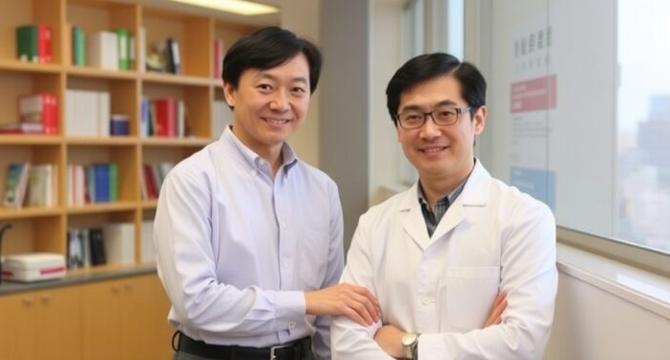Bioengineer
3d
59

Image Credit: Bioengineer
HKU Research Unveils PICH Protein’s Crucial Role in Safeguarding Chromosomes Against Cancer-Related Breakage
- Researchers at The University of Hong Kong (HKU) have made a groundbreaking discovery regarding the intricate mechanisms that protect human DNA during cell division.
- The focus of this research centers around the protein PICH, which has been identified as a crucial player in maintaining genomic stability.
- The HKU research team demonstrated that when PICH is absent or dysfunctional, cells experience critical genetic degradation.
- An essential insight drawn from the research is the dual protective mechanism employed by PICH.
- The implications of this study resonate strongly, suggesting that a greater understanding of PICH’s mechanisms could pave the way for new therapeutic strategies against cancers characterized by chromosomal instability.
- Understanding the precise biological interactions and pathways engaged by PICH will undoubtedly elevate the field’s capacity to design targeted therapies aimed at countering genomic instability.
- Through rigorous investigation and collaboration, the work of the HKU research team opens doors to potential future innovations in therapeutic intervention.
- The untapped potential of protein interactions and their implications in genetic maintenance serve as a fertile ground for future exploration and advancements in health science.
- The journey may offer unexpected yet rewarding discoveries, influencing how we perceive and confront pervasive health challenges that impact millions across the globe.
- The discovery of PICH’s role adds a significant piece to the puzzle of cellular genetics and its associated disorders.
Read Full Article
3 Likes
For uninterrupted reading, download the app